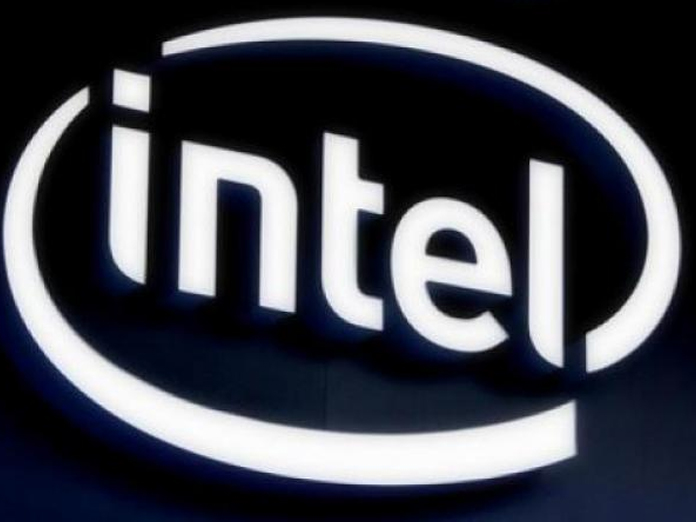Weak Intel outlook stokes fears of a chip slowdown

Intel Corp forecast currentquarter revenue and profit below analysts estimates and missed fourthquarter sales estimates on Thursday, hit by a slowdown in China and sluggish demand for its data center and modem chips
Intel Corp forecast current-quarter revenue and profit below analysts’ estimates and missed fourth-quarter sales estimates on Thursday, hit by a slowdown in China and sluggish demand for its data center and modem chips.
The company’s shares fell 6.7 percent in extended trading as the news further stoked fears of an industry slowdown after sales warnings from Apple Inc, Samsung Electronics Co Ltd and Taiwan Semiconductor Co Ltd earlier this month pointed to stagnating smartphone demand and a cooling Chinese economy.
Those fears had lifted briefly earlier this week with better-than-expected quarterly results from Texas Instruments Inc, Xilinx Inc and Lam Research Corp. But after Intel’s report on Thursday, shares of smaller rival Advanced Micro Devices, which reports results next Tuesday and Nvidia Corp fell.
Intel said weaker demand from China hurt the company’s data centre chip business, which has driven growth in recent years as PC sales have slowed and cloud-based services have become more popular.
In an interview, Intel Interim Chief Executive Bob Swan said data center providers tend to make large purchases in spurts and then spend time “digesting” the chips as they build out their centers.
Sales in China fell because some buyers there - especially cloud computing vendors - seem to have bought chips earlier than usual last year because of fears about US-China trade tensions, Swan said. US cloud computing vendors continued their usual buying patterns throughout the year, he added.
“I do believe there was earlier buying (among Chinese cloud customers) for server-type products in the course of the second and third quarter of last year,” Swan said. “But overall I would say ... the prospects and the health of the industry are as bright as they’ve ever been. We’re just in a digesting period.”
That digestion period could last until the second half this year, when Intel’s management said it expects data center growth to pick up again. “We see the cloud companies as focusing on optimising the data centers that have been deployed,” Stifel analyst Kevin Cassidy told Reuters.
For years, Intel had been insulated from swings in Apple’s iPhone supply chain because it was not a major supplier. But it was the sole provider in 2018 of iPhone modems, which connect phones to wireless data networks, and earlier this month, Apple cut its revenue forecast, citing weak demand in China.
Swan said Intel’s modem business grew by 60 percent over last year but still came in about USD 200 million below target. The modem unit had “fantastic growth, but weaker than we expected, and as a result that impacted our revenues for the quarter,” Swan said.
Intel forecast first-quarter revenue of USD 16 billion and adjusted earnings of 87 cents per share. Analysts on average were expecting revenue of USD 17.35 billion and a profit of USD 1.01 per share, according to IBES data from Refinitiv.
“The macro environment does not look good at the moment and if it gets worse, Intel could see a further downside to its outlook,” said Kinngai Chan, an analyst with Summit Insights Group.
Intel’s search for a permanent CEO has lasted six months. Last June, then-CEO Brian Krzanich resigned after a probe of a relationship with another Intel employee.
“I am convinced the board will close on a new CEO in the near future, and I believe the management team, myself and the 107,000 employees will rally behind him or her to take this company as a whole new level,” Swan said on a conference call with investors. “In the meantime, we will not be distracted by the void.”
Fourth-quarter revenue in the higher-margin data center business came in at USD 6.07 billion, below expectations of USD 6.35 billion, according to financial and data analytics firm FactSet.
Revenue in the client computing business, which includes sales to PC makers was USD 9.82 billion, missing FactSet estimates of USD 10.01 billion.
ntel reported net income of USD 5.20 billion, or USD 1.12 per share, for the fourth quarter ended Dec. 29, compared with a loss of USD 687 million, or 15 cents per share, a year earlier.
Net revenue rose to USD 18.66 billion from USD 17.05 billion, but missed estimates of USD 19.01 billion.
Excluding items, the company earned USD 1.28 per share, above expectations of USD 1.22.








